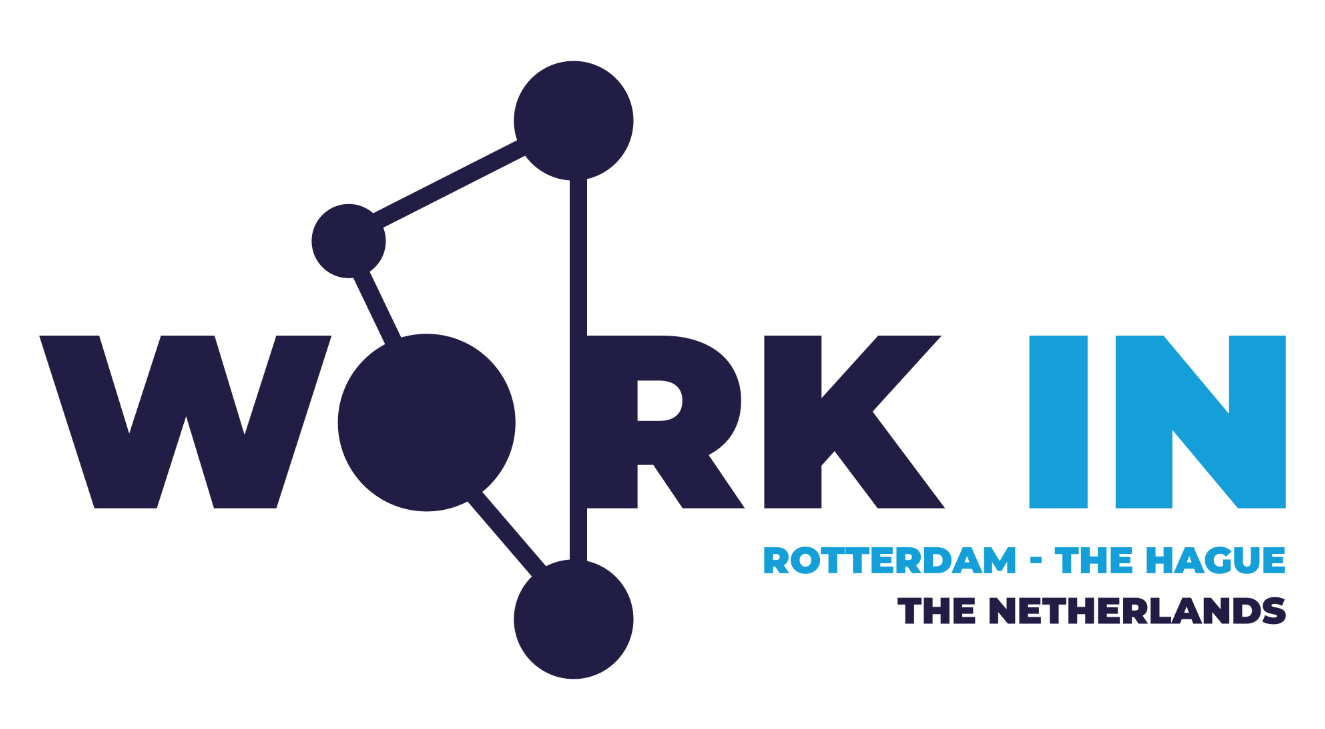Planning and Coordination Assistant (Executive Office) (G-5)

International Criminal Court
| Posting Date: | 04/08/2025 | |
| Deadline for Applications: | 11/08/2025 (midnight The Hague time) | |
| Organizational Unit: | Trust Fund for Victims | |
| Duty Station: | The Hague - NL | |
| Type of Appointment: | Short Term Appointment | |
| Minimum Net Annual Salary: | €49,420.00 | |
| Contract Duration: | 31/12/2025 |
Special Notice:
A Short-Term Appointment is used to recruit staff to meet short-term needs. The duration of this assignment is provided above. The maximum duration of a short-term appointment including extensions shall not exceed 12 months.
A Short-Term Appointment does not carry any expectancy, legal or otherwise, of renewal and shall not be converted to any other type of appointment.
Due to the short-term nature of the assignment, the ICC reserves the right to make an appointment at one grade lower than that stated in the vacancy with a modified job description.
A current ICC staff member who is holding a fixed-term appointment may apply for any short-term position. Where a current ICC staff member is selected to a short-term position, he or she will be temporarily assigned to the position in line with section 4.10 of ICC/AI/2016/001. GS-level posts are subject to local recruitment only.
The terms and conditions of service for staff members appointed under a short-term appointment are governed by ICC/AI/2016/001.
Organisational Context
The International Criminal Court and the Trust Fund for Victims.
The International Criminal Court (the Court or ICC) is the permanent international court based in The Hague, The Netherlands established by the Rome Statute in 1998 to investigate and prosecute individuals accused of the crime of genocide, crimes against humanity, war crimes and the crime of aggression. The ICC has jurisdiction over the most serious crimes committed after 1 July 2002, in the territories of States that have acceded or ratified the Rome Statute or by their nationals.
The Trust Fund for Victims (TFV) is provided for by the Rome Statute that established the ICC. Its mandate is to mobilize resources and implement Court-ordered reparations, and other programmes for the benefit of victims of the crimes under the jurisdiction of the ICC. The TFV is governed by a Board of Directors, appointed by the Assembly of States Parties, and supported by a Secretariat, administratively attached to the Registry of the ICC. The TFV has currently programmes in seven situations under the jurisdiction of the Court, and is implementing also programmes responding to four reparation orders issued by ICC judges.
Duties and Responsibilities
Reporting directly to the Executive Director, the Planning and Coordination Assistant plays a pivotal role in supporting the leadership and day-to-day operations of the Secretariat of the Trust Fund for Victims. By ensuring streamlined planning, coordination, and internal communication, the incumbent enhances the effectiveness of the Executive Office, and of the Secretariat as a whole. The role contributes to the Secretariat’s strategic momentum while nurturing a professional and caring organisational culture. This newly established function requires a high degree of initiative, adaptability, and discretion within a fast-paced and diplomatically sensitive environment.
Support to the Executive Office
- Support in overseeing the Executive Director’s workflow, including approvals, calendar, appointments, and travel logistics;
- Help in handling incoming communications; draft responses and manage follow-ups on behalf of the Director;
- Support in coordinating representational duties, including logistics for official visits and stakeholder engagements;
- Maintain confidential filing systems, records, and registries;
- Support the preparation of research briefs, talking points, and reference materials for high-level engagements;
- Support the Executive Director and other colleagues in liaising with external and internal stakeholders in representation of the Executive Director;
- Uphold a professional image through correspondence and interactions.
Planning and Coordination
- Act as liaison between the Executive Office and internal units at headquarters and in the field to manage internal planning calendars, aligning meetings, events, and decision-making processes;
- Support in monitoring ongoing projects, assignments, and deadlines using digital planning tools;
- Maintain contact lists, reporting formats, and ensuring the readiness of documents in coordination with field and headquarters offices;
- Ensure document readiness, format consistency, and information flow across offices;
- Support in the production of regular reports of activities and contribute to corporate reporting.
Protocol and Event Management
- Arrange venues, hospitality, and protocol for official functions;
- Support with delegations and VIP visits, ensuring seamless logistics and cross-functional coordination;
- Facilitate event-related tasks including interpretation needs, security clearance, and documentation;
- Track and reconcile expenses for representational events.
Digital Innovation and Organisational Development
- Support in promoting digital efficiency by recommending tools and methods for enhanced planning, communication, and knowledge management;
- Support in formalizing internal practices into guidelines and trainings to support coordination and digital literacy.
Administrative back-up
- Occasionally, provide surge capacity to administration during high-demand periods or staff absences including by supporting procurement, travel, and HR processes such as leave tracking and timekeeping;
- Serve as point of contact for IT and system-related support.
Community and Engagement
- Assist with organising staff engagements such as onboarding sessions, cultural celebrations, farewell gatherings, or recognition moments to build community and reinforce a caring work environment.
Essential Qualifications
Education
Completion of secondary education is required. A university degree may be accepted in lieu of two years of relevant experience.
Experience
A minimum of six (6) years of progressively responsible administrative or executive support roles, preferably in international organisations, diplomatic missions, or legal institutions, with proven track record supporting senior leadership, and experience in internal planning and coordination, and in the organisation of high-level meetings and official events. An advanced or a first-level university degree may be considered as a substitute for two years' working experience only to determine eligibility.
Knowledge, Skills and Abilities
- Proactive in managing priorities, juggling multiple deadlines, and anticipating needs;
- Strong attention to detail by spotting inconsistencies or gaps;
- Reliability in tracking action items, maintaining records, and keeping projects moving;
- Skilled in handling sensitive information and navigating high-level environments;
- Staying focused and positive under pressure or shifting priorities;
- Strong writing skills, with the ability to support research, reporting and documentation processes;
- Communication skills ensuring action points are easy to follow and act on;
- Able to take ownership and adapt quickly to shifting priorities or challenges;
- Respectful and inclusive with regard to diverse cultures, working styles, and perspectives;
- Comfortable with uncertainty and a changing environment, while maintaining commitment to structure;
- Advance user proficiency of Microsoft 365 suite, digital collaboration platforms, and systems like SAP, as well as high digital fluency and agility and willingness for continued digital learning; and
- Commitment to ICC Core Values.
Knowledge of Languages
Proficiency in one of the working languages of the Court, French or English, is required. Knowledge of the other is desirable. Knowledge of another official language of the Court (Arabic, Chinese, Russian and Spanish) would be considered an asset.
ICC Leadership Competencies
Purpose
Collaboration
People
Results
ICC Core Competencies
Dedication to the mission and values
Professionalism
Teamwork
Learning and developing
Handling uncertain situations
Interaction
Realising objectives
Learn more about ICC leadership and core competencies.
Candidates appointed to posts at a P-5 grade or in the Director category are subject to a maximum aggregate length of service of seven years. This is pursuant to a decision of the Assembly of States Parties (ASP Resolution ICC-ASP/23/Res.2 - ICC-ASP-23-Res.2-ENG) to implement a tenure policy at the Court as of 1 January 2025.
- The selected candidate will be subject to a Personnel Security Clearance (PSC) process in accordance with ICC policy. The PSC process will include but will not be limited to, verification of the information provided in the personal history form and a criminal record check.
- Applicants may check the status of vacancies on ICC E-Recruitment web-site.
- Post to be filled by a national of a State Party to the ICC Statute, or of a State which has signed and is engaged in the ratification process or which is engaged in the accession process. This is pursuant to a decision of the Assembly of States Parties (ASP Resolution ICC-ASP/23/Res.3 - ICC-ASP-23-Res.3-ENG) to introduce a moratorium on the recruitment by the ICC of staff of non-States Parties’ nationality.
- In accordance with the Rome Statute, the ICC aims to achieve fair representation of women and men for all positions, representation of the principal legal systems of the world for legal positions, and equitable geographical representation for positions in the professional category.
- Applications from female candidates are particularly encouraged.
- The International Criminal Court applies the Inter-Organization Mobility Accord and can support secondment of staff from organizations of the United Nations Common System.

